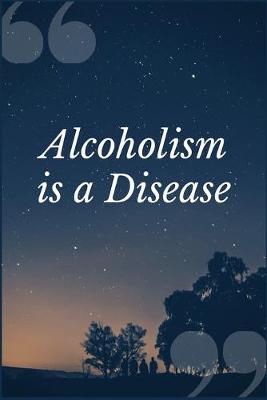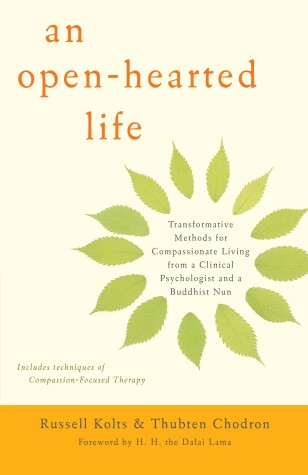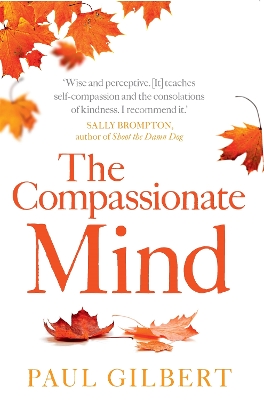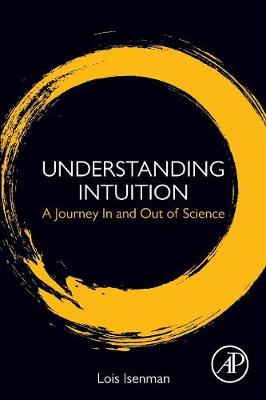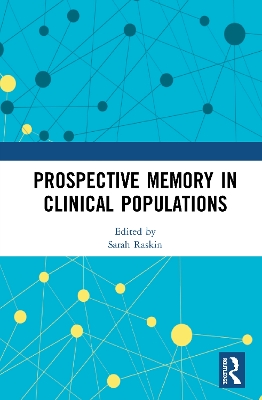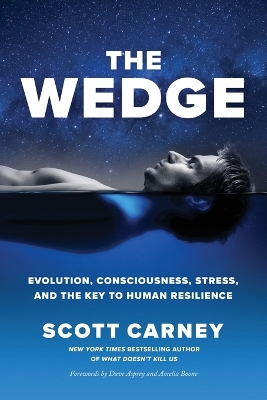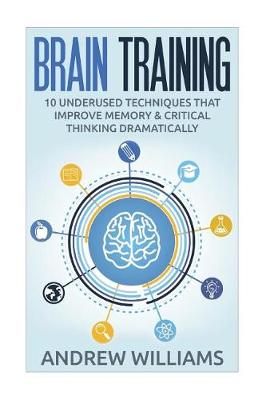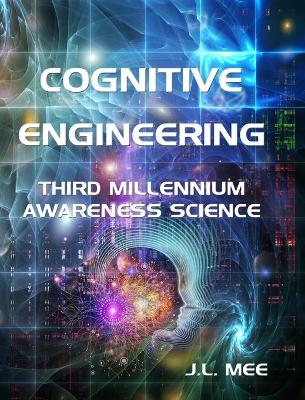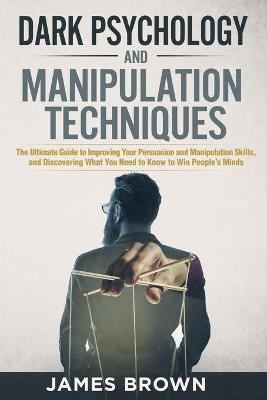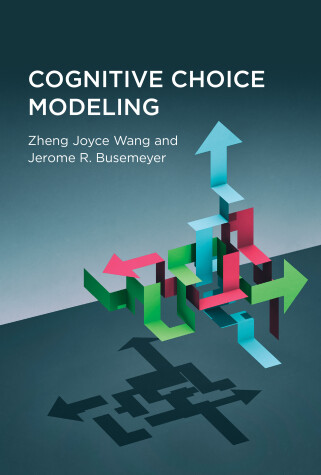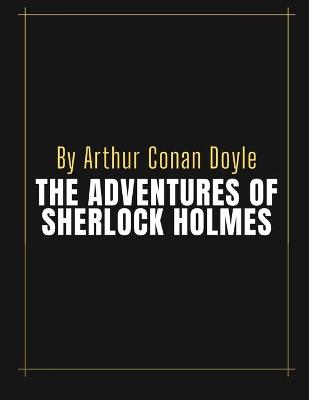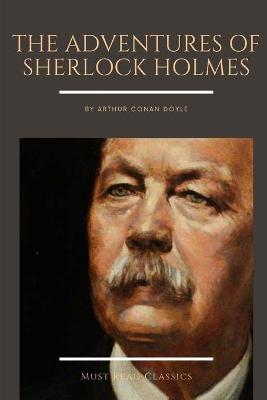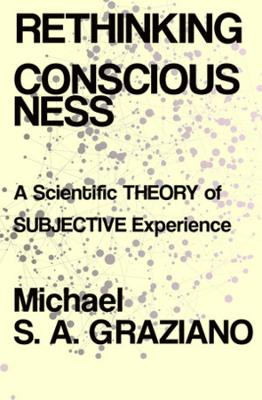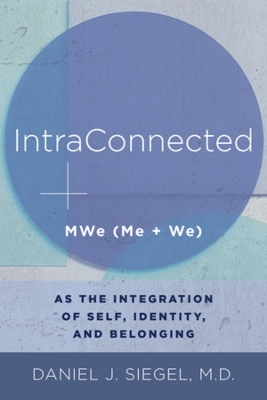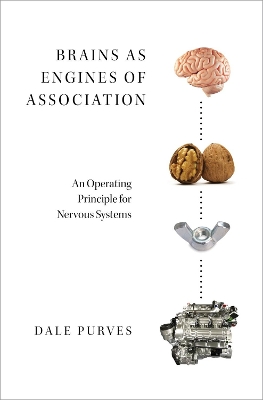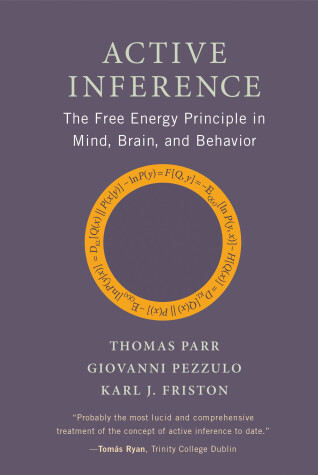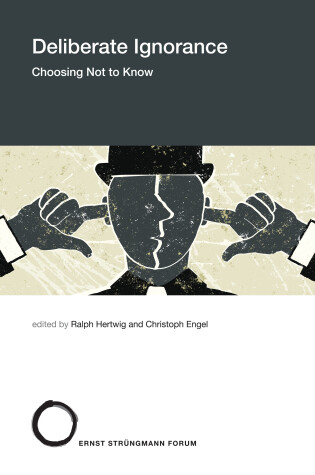La Qu mica del Pensamiento (Qu mica de las Enfermedades, #6)
by Carlos L Partidas
A beloved Buddhist teacher and a psychologist specializing in Compassion-Focused Therapy (CFT) provide practical methods for living a life filled with compassion. A life overflowing with compassion. It sounds wonderful in theory, but how do you do it? This guide provides practical methods to living with this wonderful quality, based on traditional Buddhist teachings and on methods from modern psychology--particularly a technique called Compassion-Focused Therapy (CFT). The metho...
The Compassionate Mind (Compassion Focused Therapy)
by Prof Paul Gilbert
Throughout history people have sought to cope with a life that is often stressful and hard. We have actually known for some time that developing compassion for oneself and others can help us face up to and win through the hardship and find a sense of inner peace. However in modern societies we rarely focus on this key process that underpins successful coping and happiness and can be quick to dismiss the impact of modern living on our minds and well-being. Instead we concentrate on 'doing, achiev...
Understanding Intuition: A Journey In and Out of Science explores the biological and cognitive mechanisms that account for intuition, and examines the first-person experience. The book integrates both scientific and personal perspectives on this important yet elusive mental capacity. It uses specific encounters to illustrate that intuition is enhanced when we can attend to the subtle aspects of our inner experiences, such as bodily sensations, images, and differing kinds of intuitive evaluative...
Prospective Memory in Clinical Populations
Prospective memory has emerged as an important aspect of episodic memory. Prospective memory involves remembering to complete a previously formed intention. Successful prospective memory performance is important in daily life tasks such as taking medications or paying bills and has been related to compliance with treatment. Prospective memory has now been studied in many clinical populations as well as across the lifespan. Although prospective memory is recognized as an important aspect of dail...
The emerging interdisciplinary field of cognitive choice models integrates theory and recent research findings from both decision process and choice behavior. Cognitive decision processes provide the interface between the environment and brain, enabling choice behavior, and the basic cognitive mechanisms underlying decision processes are fundamental to all fields of human activity. Yet cognitive processes and choice processes are often studied separately, whether by decision theorists, consumer...
Tracing evolution over millions of years, Michael Graziano shows how neurons first allowed animals to develop simple forms of attention: taking in messages from the environment, prioritising them and responding as necessary. Then covert attention evolved—a roving, mental focus separate from where the senses are pointed. To monitor and control covert attention, Graziano posits in his attention schema theory, the brain evolved a simplified model of it—a cartoonish self-description depicting an int...
Both a personal and general meditation on identity and belonging, Daniel J. Siegel’s book combines personal reflections with scientific discussions of how the mind, brain and our relationships shape who we are. Weaving the internal and external, the subjective and objective, IntraConnected reveals how our culture may give us a message of separation as a solo, isolated self, but a wider perspective unveils that who we are may be something more—broader than the brain, bigger even than the body—and...
Brains as Engines of Association tackles a fundamental question in neuroscience: what is the operating principle of the human brain? While a similar question has been asked and answered for virtually every other human organ during the last few centuries, how the brain operates has remained a central challenge in biology. Based on evidence derived from vision, audition, speech and music--much of it based on the author's own work over the last twenty years--Brains as Engines of Association argue...
Active Inference
by Thomas Parr, Giovanni Pezzulo, and Karl J. Friston
The first comprehensive treatment of active inference, an integrative perspective on brain, cognition, and behavior used across multiple disciplines. Active inference is a way of understanding sentient behavior—a theory that characterizes perception, planning, and action in terms of probabilistic inference. Developed by theoretical neuroscientist Karl Friston over years of groundbreaking research, active inference provides an integrated perspective on brain, cognition, and behavior that is in...
Deliberate Ignorance (Strüngmann Forum Reports, #29) (Strungmann Forum Reports, #29)
Psychologists, economists, historians, computer scientists, sociologists, philosophers, and legal scholars explore the conscious choice not to seek information. The history of intellectual thought abounds with claims that knowledge is valued and sought, yet individuals and groups often choose not to know. We call the conscious choice not to seek or use knowledge (or information) deliberate ignorance. When is this a virtue, when is it a vice, and what can be learned from formally modeling the un...


